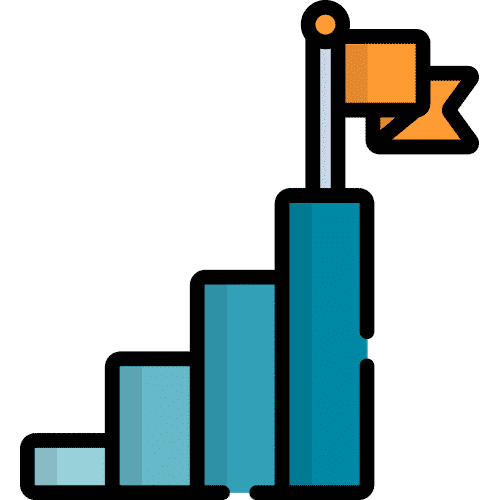How to Manage a Socially Distanced Holiday Season
This year the holidays are going to look a little different. Health organizations around the world are advising the public to limit indoor gatherings to curb the spread of COVID-19. If you are living with aphasia or someone who has aphasia, feeling isolated or alone might be common. But this year’s holiday season and social…
Details










